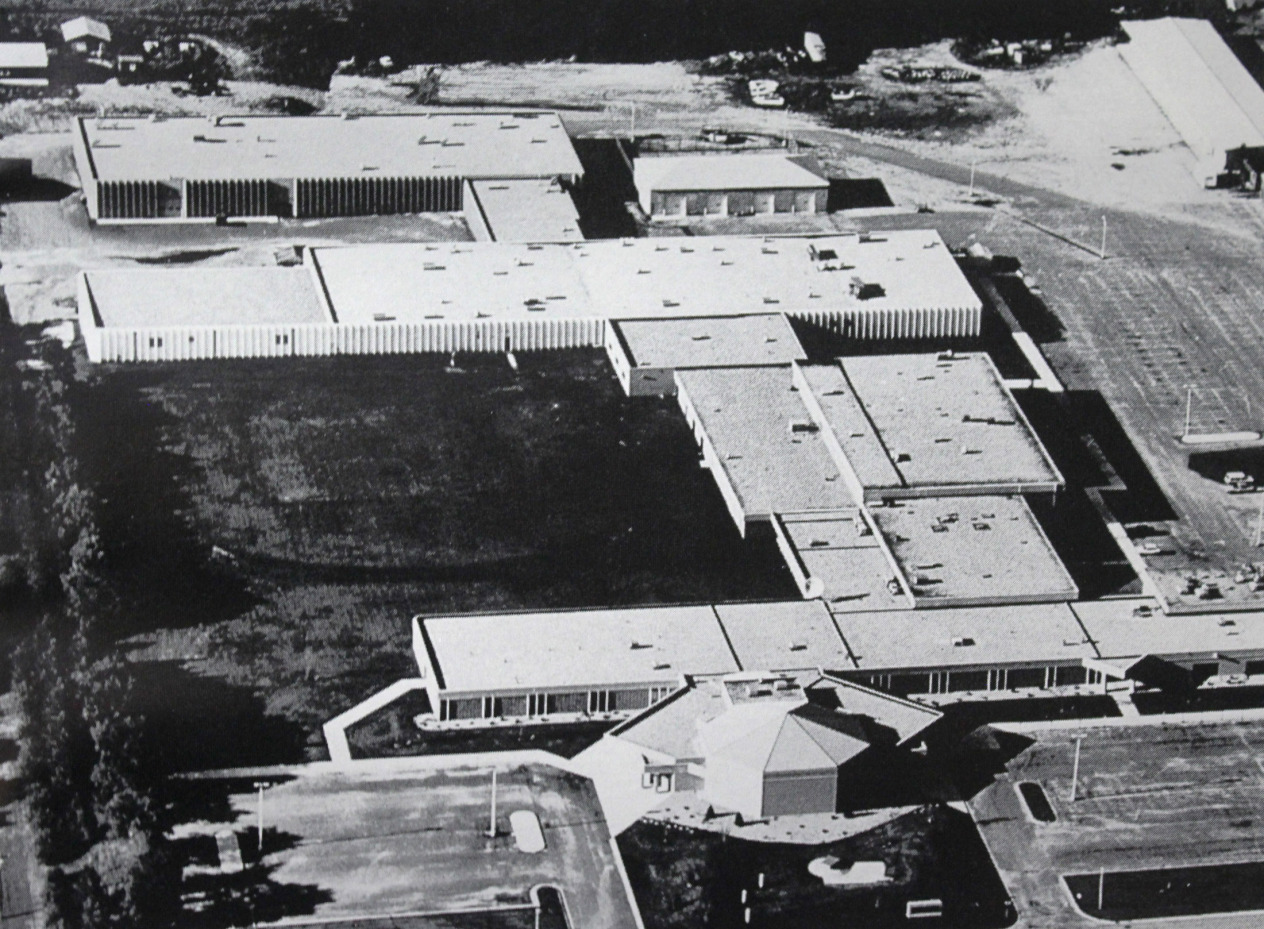Search
ECHO1115 - Adult Echocardiography Lab IICredits: 3 (0/3/0) Students will continue to build on the ultrasound scanning skills learned in ECHO1100. Content includes the development of a full adult transthoracic echocardiography scanning protocol. In addition, students will learn the required measurements to
ECHO1120 - Ultrasound Physics and Instrumentation ICredits: 3 (3/0/0) Students will apply the principles of ultrasound, sound propagation, pulsed-echo instrumentation, image formation, transducers and system operation to the interpretation of sonographic information and image methodology. Integrating these theories and
ECHO1125 - Ultrasound Physics and Instrumentation IICredits: 3 (3/0/0) This course continues exploration of the theoretical and abstract principles that form the technological basis of diagnostic medical sonography. Topics include Doppler physics and instrumentation, artifacts, quality assurance and hemodynamics
ECHO2100 - Adult Echocardiography IIICredits: 3 (3/0/0) This course includes an in-depth review of the pathophysiology of heart disease, including congenital heart defects. The role of ultrasound enhancement agents and exercise echocardiography is discussed. Quantitative echocardiography is addressed
ECHO2110 - Ultrasound Physics ReviewCredits: 2 (2/0/0) This course is the cumulative preparation for the national credentialing board examinations in ultrasound physics and instrumentation. It involves real-world applications of physics, artifact recognition and rectification, and instrumentation of
MATH1000 - Technical MathematicsCredits: 3 (3/0/0) This course presents basic mathematical topics as they are applied in a technical program. The course includes a review of basic mathematical operations and continues with the development of algebraic and trigonometric skills in a technical setting
MUSC1119 - Intro to Hip-HopCredits: 3 (3/0/0) Meets MnTC Goal Areas 6 and 7a/b. This survey course for the general college student introduces the elements, structural designs, culture and historical styles of hip-hop music. Students explore how the music is made and learn about the origins of
THTR1126 - Theatre LabCredits: 2 (0/2/0) Meets MnTC Goal Area 6. Students participate in an M State theatre production as a crew member or actor. Students exhibit essential skills of communication, cooperation, respect and responsibility. Students arrange a tech lab hour schedule with the
ECHO1110 - Adult Echocardiography IICredits: 3 (3/0/0) This course includes an in-depth review of the pathophysiology of heart disease and the role of ultrasound diagnosis and treatment. Topics include measurements of cardiac chamber size, calculations of valve area, hemodynamics, estimation of
AGRI1100 - Principles of AgronomyCredits: 3 (3/0/0) This course explores the principles and practices of plant and related sciences as applied to increasing productivity and improvement of field crops. Emphasis is on crop selection and improvement through the breeding of crop varieties, seeds and
